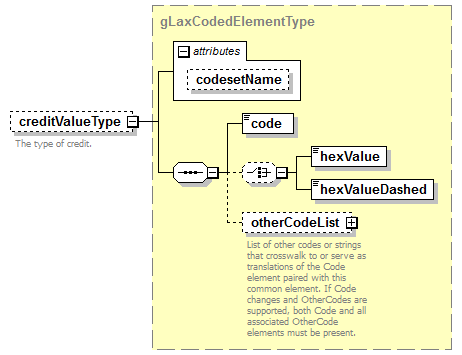

If not, make it a point to bring it up with the store management and your friends. This type of event expanded to the other game stores in my state and quite possibly to one near you. This exploded in terms of popularity and constantly attracts well over 50 to 60 players each night, including a dozen or so for cEDH. My LGS started “Commander Mondays” featuring both a casual and competitive event. There are plenty of ways to play the new format including events at your LGS, online leagues, MTGO, and more! Let’s go over a few ways to play. Just make sure your friends are cool with you running Ancestral Recall before they see it on the stack! Where to Play cEDHĬEDH (and Commander as a whole!) really exploded in the last two years despite the distress the pandemic has caused.

That said, cEDH isn’t sanctioned or organized play so players can ignore or add to the banlist all they want. cEDH Ban ListĬEDH doesn’t have any banned cards that aren’t already banned in casual Commander because cEDH uses the same banlist as established by WotC. Protective resources are better spent in cards like Force of Will or Veil of Summer rather than Wrath of God or Damnation because of this. It’s for this reason that decks that win through traditional combat are less popular and successful. This means a combo or strategy that kills all opponents is better than something that kills one at a time. This means that the decks need to not only assemble their combos but also protect it (and themselves) from three separate opponents incentivized to stop them. Most casual decks don’t even become a threat until then because of a lack of fast mana and consistency.ĬEDH is a multiplayer format just like casual Commander. Tutors allow for the player to get their 2- or 3-card combo pieces consistently, which allows them to confidently win before turn 5 or 6. Many casual playgroups ban certain cards for their own good, and these types of cards are the typical targets. But the primary difference is that cEDH uses a lot of fast mana artifacts, free counterspells, and a bunch of tutors to accomplish its win condition not only extremely efficiently but also consistently. cEDH vs Casual EDHĬEDH and casual EDH both have powerful cards and strategies and at the end of the day have the same official banned list. If you’re somebody who’s been playing a lot of Commander but see your decks getting increasingly more powerful and competitive as your game knowledge and deckbuilding skills improve, it may be time to consider swapping to this sub-format. While cEDH players want to win and will do anything to get there regardless of fun level, they’re not monsters who hate happiness. cEDH is not meant for newer players who have yet to learn and understand the complexities of the stack, how various interactions work, or how to sequence infinite combos.ĭespite sounding extremely scary, cEDH is a very friendly and open format, at least in my experience. Who is cEDH for?ĬEDH is a format meant for competitive players who are experienced in the world of both Magic as a game and Commander as a format. Since EDH is meant to be a casual format, these high-power decks and strategies have been grouped into their own category so that players know what they’re getting into and don’t get run over. Commander has a wide variety of cards available which makes a long list of combos and styles that are generally “unfun” or overwhelmingly powerful. There aren’t any official WotC rules for cEDH so there’s still some room for rule 0-type changes at your local game store. cEDH is known for having much more cutthroat playstyles and strategies that almost always revolve around an infinite combo to win the game. Swan Song | Illustration by Peter MohrbacherĬEDH, or competitive Elder Dragon Highlander, refers to a sub-format of the popular Commander format that’s specifically targeted towards competitive cards, decks, and players.


 0 kommentar(er)
0 kommentar(er)
